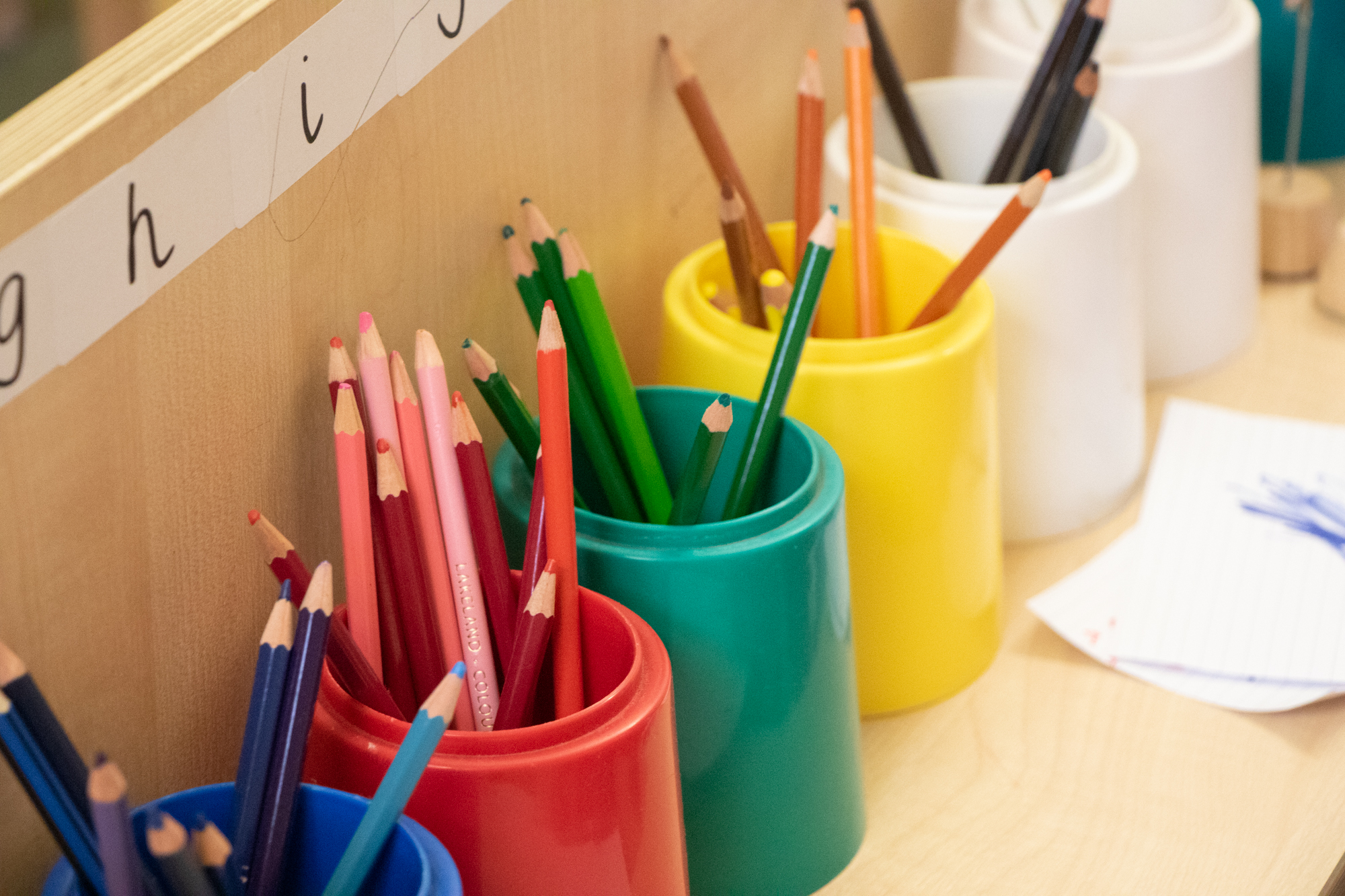
Early Years Foundation Stage at Aberford C of E Primary School
“The first five years have so much to do with how the next 80 turn out.”
- Bill Gates
How our EYFS supports our school's vision
In Nursery and Reception, children embark on a journey of discovery and exploration. We want our children to love their first years at Aberford and for it to act as a springboard for a lifelong love of learning. As much as possible, the children’s own interests are explored and utilised as vehicles to support the children’s development and learning, as well as exploring the seasons, religious and cultural events, and National days. Children come to Aberford from a variety of different settings and experiences and our mixed Nursery and Reception class is a place where every child is recognised as an individual and is helped to understand that they have great value for being themselves! The importance of looking after ourselves, each other, the school, and the wider environment is emphasised, to ensure the children flourish into caring and compassionate friends.
The Early Years Curriculum
The Early Years Foundation Stage (EYFS) is how the Government and Early Years professionals describe the time in your child’s life between birth and 5 years. The Reception year is the last year of the EYFS. there are seven areas of learning and development that must shape educational programmes in early years settings. All areas of learning and development are important and inter-connected. three areas are particularly important for building a foundation for igniting children's curiosity and enthusiasm for learning, forming relationships and thriving. These prima areas are:
- communication and language
- physical development
- personal, social and emotional development
providers must also support children in four specific areas, through which the three prime areas are strengthened and applied. These specific areas are:
- literacy
- mathematics
- understanding the world
- expressive arts and design
At the end of Reception, children are assessed to say whether they have met the Early Learning Goals or not. See below for documents giving more information about the Early Years Framework and Goals.
At the beginning of the year, we have a long term plan, that is then tailored over the year to support children’s individual needs and interests. We assess children through teacher observations of independent learning and through 1:1 tasks. The assessment is recorded on Tapestry – an online learning journal. Parents and Carers can access the observations and also add their own; allowing a rich overview of a child’s abilities and interests at home and in school.
Maths
Children will often use and develop mathematical language and skills naturally in play. Their innate mathematical sense and skills are developed through enabling maths in the areas of provision through a variety of resources and opportunities. We also have discrete daily maths lessons, following the White Rose Schemes of Learning.
For further information about Maths in EYFS at Aberford see the Maths Curriculum page.
Literacy
Encouraging a love of early reading, the classroom is full of rich and engaging fiction and non-fiction books. Shared reading of quality books is a daily practice, with more formal Guided Reading introduced throughout the year. As Einstein's quote goes, "If you want your children to be intelligent, read them fairy tales. If you want them to be more intelligent, read them more fairy tales." Throughout the year we explore and immerse ourselves in a number of traditional tales and familiar children's books. Children enjoy recounting the stories and this helps to develop their story composing skills.
We have daily discrete phonics lessons, using the DfE validated systematic synthetic phonics teaching programme: Little Wandle. More information on the teaching of phonics can be found on the reading page of our curriculum section of the website.
We also focus a great deal on children’s gross and fine motor skills to ensure they develop and are able to hold a pencil effectively to form letters. There are many skills needed before pure reading and writing, and we ensure all the building blocks are in place.
EYFS
Transition into Year 1
Being a very small school, we have a close relationship with the KS1 class (Class Two), which really supports a smooth transition for the Reception children into Year 1 at the end of the year. The two classes often work together throughout the year and children in class 1 become familiar with the class 2 teacher in weekly PPA cover, which also support transition and builds confidence.